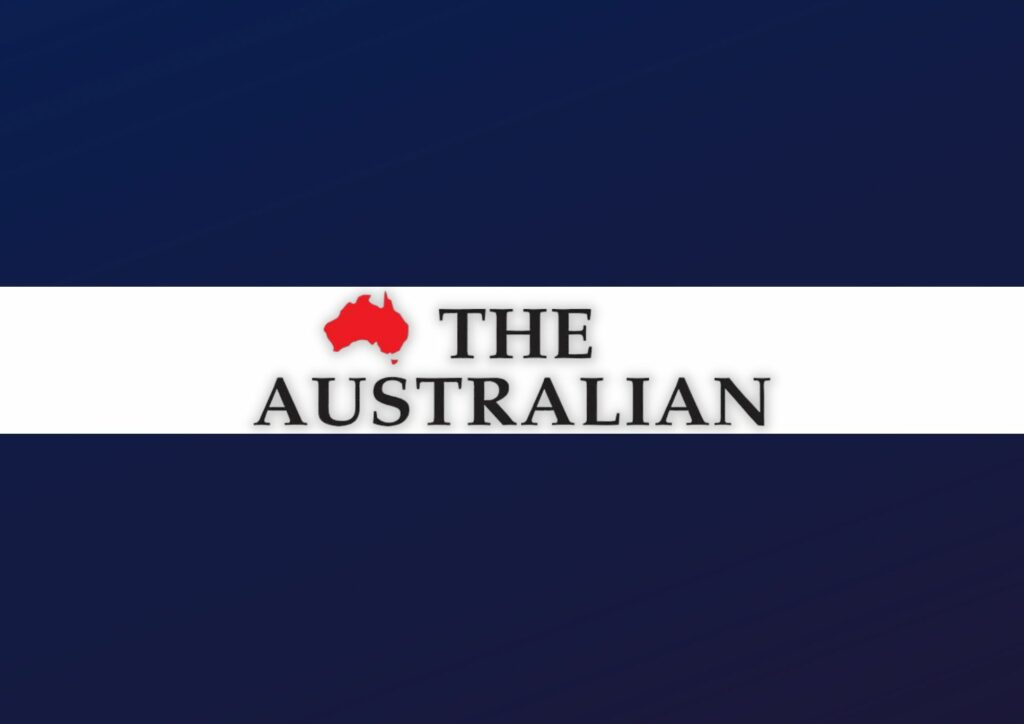
Article by Hugo Timms courtesy of the Weekend Australian.
The Albanese government’s intervention in the national energy market has come under a withering attack from the country’s peak oil and gas group, which says the decision has already repelled vital investment in Australia and will lead to further economic pain in the form of energy price hikes.
Speaking to the senate select committee on the cost of living on Friday, Australian Petroleum Production and Exploration Association chief executive Samantha McCulloch said Senex Energy’s decision to suspend its $1bn Atlas expansion project in Queensland was a sign of things to come following December’s price cap. She added that longstanding investors in Australia such as Japan had begun to look to the Middle East for more reliable investment conditions.
Ms McCulloch said it was “particularly chilling” from an industry perspective that under the intervention, prices could be set arbitrarily by the regulator as opposed to the market.
In December, on the back on runaway energy costs, the government capped new contracts for wholesale gas on the east coast at $12 a gigajoule for 12 months.
Speaking in Brisbane on Friday, Ms McCulloch said the market intervention was “exacerbating, not easing” the situation, as it would result in less investment in Australia’s gas market.
She said the mandatory code of conduct being developed by the Albanese government, which would require producers to sell gas at a “reasonable” price to local retailers and industrial users beyond this year, “was making it very difficult to secure finance for projects”.
“Our fear is that capital is mobile… Australia is looking increasingly unattractive,” Ms McCulloch said, adding it was an impediment for international investors fearful of government interventions in the market.
Her comments come as Woodside warned last week that it could not justify exploring for more gas off the Victorian coastline amid the market intervention after acquiring a 50 per cent stake in the Gippsland Basin joint venture in the Bass Strait.
“With exploration, you take a fair amount of commercial risks with any sales,” Woodside chief executive Meg O’Neill was reported as saying last week.
“It’s very difficult to justify taking that risk when you have uncertainty around the price you can get from your product.”
The senate hearing continues.